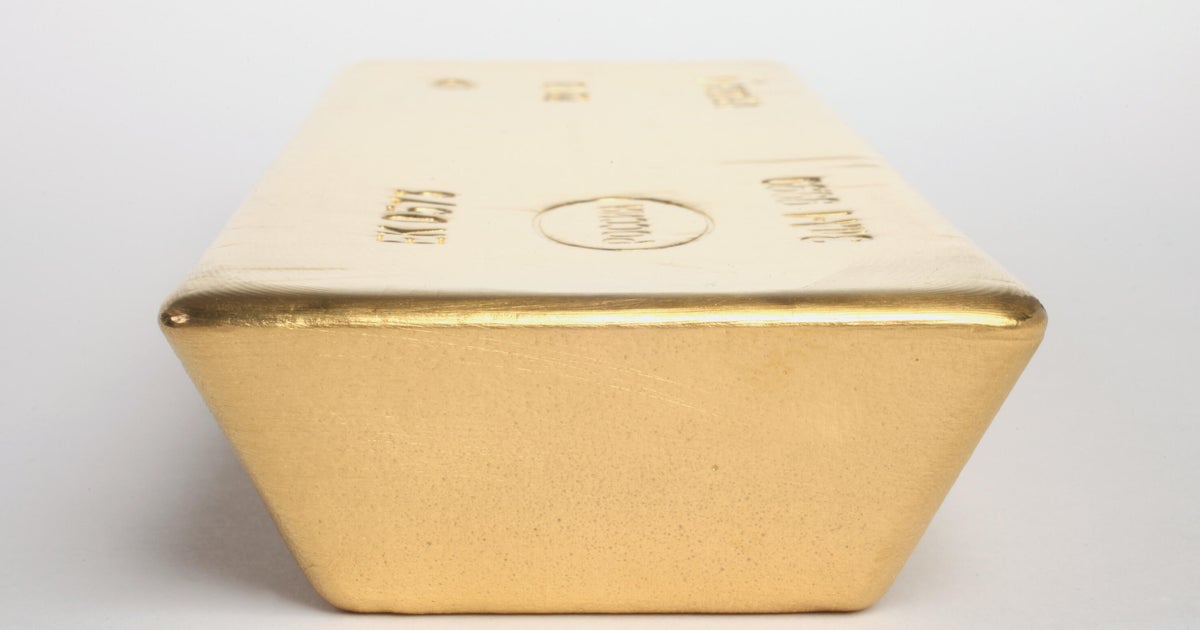Who should invest in gold?
Throughout history, gold has been valued as an asset with real inherent value, which is still true today. And with inflation persisting and a potential recession looming, many Americans have renewed interest in gold. Amid uncertainty in the economy and world events, reviewing your investments and considering new ones is advantageous to ensure your portfolio is serving your goals and interests.
While gold may help to protect investors from economic turbulence and deliver other benefits, as with many financial investments, it's not for everyone. But gold can be beneficial to certain people in our current economic environment. In this article, we will discuss four types of investors who should consider investing in gold.
If you're considering gold investing then start by requesting a free information kit to learn more.
Who should invest in gold?
Here are four types of investors that may want to invest in gold now.
Those who want help fighting inflation
Gold is often seen as a hedge against inflation because gold generally holds its value longer than other types of assets. As such, now may be a good time to buy the yellow metal, with inflation weighing heavily on Americans in 2023. A recent CBS News poll reports that 89% point to inflation as the most significant reason for the poor economy.
Despite the Federal Reserve's aggressive plan to control inflation, it continues to impact consumers in 2023. The most recent Consumer Price Index report reveals that costs increased 6% in February over the previous 12 months.
So how does gold perform during periods of inflation? Consider the 1970s, a decade that began with an average interest rate of 5.84% and ended substantially higher at 13.58% in 1980. Data from Nasdaq shows that gold prices skyrocketed from $35 per share to $850 per share during the same span.
Of course, past performance doesn't guarantee future results, especially considering that gold prices rely on a variety of factors. Nevertheless, many investors view gold as protection against inflation over the long term due to its performance in times of high inflation.
Learn more about how gold can help you fight inflation with a free information kit.
Those who want to diversify their portfolio
Most stock market investors happily waved goodbye to 2022, a year in which the Dow, S&P 500 and Nasdaq recorded their worst year since 2008. Investors looking to recover losses may be looking to rebalance their allocations and add a slice of gold to spread out their risk.
When it comes to gold investments, experts commonly recommend dedicating no more than 5% to 10% of your portfolio. Doing so can help you spread your risk and potentially improve long-term returns. A minimum gold allocation also leaves room for retirement plan contributions and investments in equities and other assets with potentially higher returns.
Those who want investment liquidity
You can buy gold in physical form or invest in gold companies or other paper gold like gold exchange-traded funds (gold ETFs). Many financial advisors suggest investing in paper gold due to its liquidity if you ever need to sell your gold.
Even so, gold coins can also be highly liquid since you can sell them at a local coin store or an online dealer. Selling gold at a local outlet could deliver cash to you the same day. By contrast, selling your stock in a brokerage account could take three business days until that transaction settles.
Even if you must wait a few days, it's considerably easier to cash out gold than other types of investments, like real estate, when it can take months to receive funds from a sale.
Learn more about gold's liquidity and your overall gold investing options here now. Or use the table below to explore some top gold investing companies.
Those who want a safe haven
Investors often refer to gold as a safe-haven asset, meaning the precious metal performs well when other asset classes are volatile. When stocks are risky, and the market is underperforming, many investors turn to gold for long-term stability. And when the stock market is performing well, gold may be weaker.
Consider this: Stock prices fell 30.4% on average during the nine largest stock market crashes since 1976, according to GoldSilver data. During the same periods, gold prices ticked upward by an average of 6.1%.
Additionally, gold often provides a safe haven during times of crisis. For example, gold prices shot up nearly 6% in the immediate aftermath of September 11, 2001, and the World Gold Council reports that gold hit its historical peak during the first wave of the pandemic.
The bottom line
While gold may be suitable for the above groups, it's not the best option for everyone. This is particularly true for older investors and anyone living on a fixed income who may be better off investing in things that produce income, like certificates of deposits (CDs) and fixed annuities.
Gold may be best thought of as a store of value that helps preserve purchasing power while diversifying your portfolio. While the precious metal holds its value well over time, it does experience short-term volatility that can be hard for older Americans to recover from. By contrast, younger investors have a longer time horizon to overcome financial setbacks.
If you're considering taking advantage of gold's benefits in this economic climate, consider your risk tolerance and allocate no more than 5% to 10% of your portfolio.




